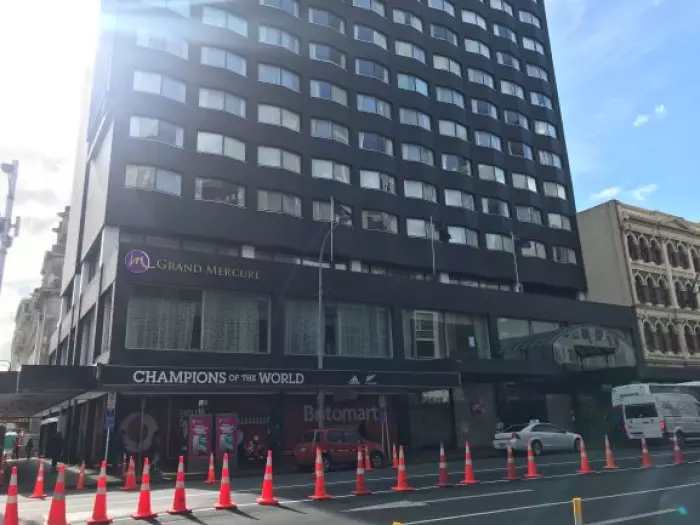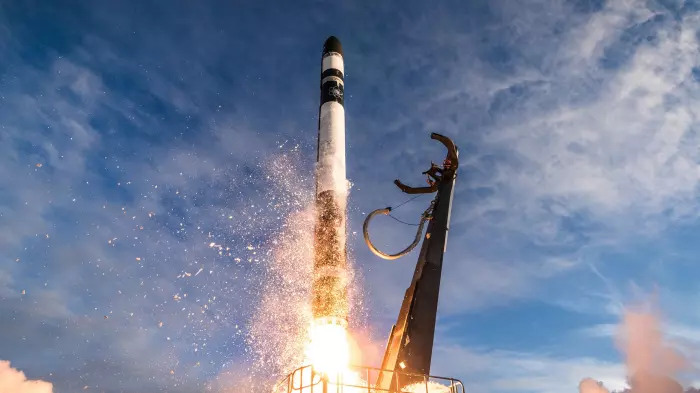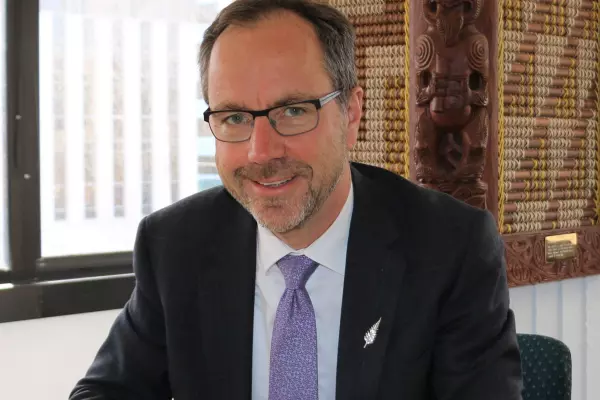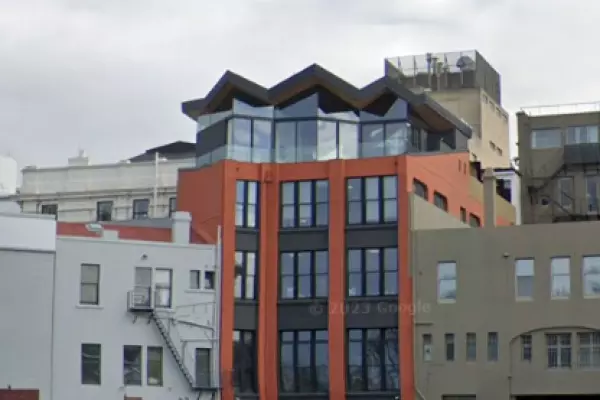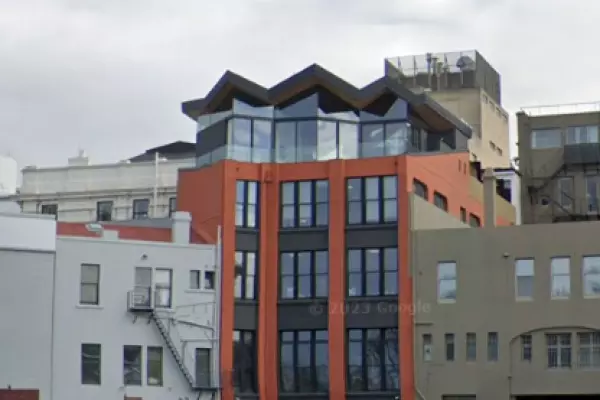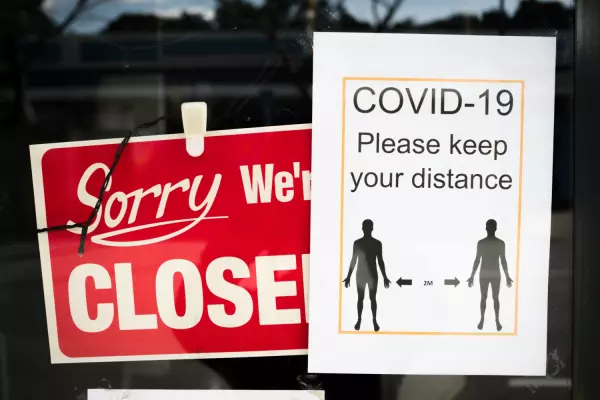Hotels that provided rooms for the government’s controversial quarantine system received more than $1 billion, new data reveals.
In total, 229,958 people passed through the Managed Isolation and Quarantine (MIQ) scheme between March 2020 and June 2022.
Just $187 million has been recovered by the government from people who had to pay for their MIQ stay. Another $26m is outstanding.
The scheme involved 33 hotels. Just over half (55%) of them were in Auckland. Another seven were in Christchurch with the remaining eight spread over Rotorua, Hamilton and Wellington.
In terms of the total number of those interned, Auckland’s hotels bore the brunt, with nearly three-quarters (71%) held within the city’s facilities.
Figures requested by BusinessDesk under the Official Information Act (OIA) revealed that M Social Auckland on Quay Street housed the most returnees of any hotel, 19,607 in total, significantly more than the next highest, the Grand Millennium Auckland (15,289), Crowne Plaza Auckland (11,942), Rydges Auckland (11,797) and Novotel Auckland Airport (10,456).
Infectious spirit
In the first months of the covid response, when the fledgling system was run by the Ministry of Health, $75m was spent on facilities, including $4.7m on the Whangaparāoa navy base, which housed evacuees flown out of China in February 2020.
Te Whatu Ora was unable to confirm the number of people in each MIQ facility in those early months because “when MIQ facilities were first established, record-keeping was largely paper-based as it took some time for digital platforms to become operational”.
Overall responsibility for MIQ was then transferred to the Ministry of Business, Innovation and Employment (MBIE) in July 2020.
The cost of the scheme started accelerating in November 2020 – peaking at $53m for the month of January 2021. The following January was the second-costliest month for the scheme.
Between October 2020 and September 2022, $921m was paid to hotels by MBIE. The average monthly bill up to June 2022, before the vast majority of hotels were decommissioned, was $43m.
Proportionally, 41% ($377m) of funds were directed to Auckland CBD hotels, 26% to outer Auckland hotels ($239m), 18% to Christchurch ($161m) and 15% ($134m) to Hamilton and Rotorua.
Just $9m was spent in the residual three months after June last year.
Rooms for improvement?
Both MBIE and the Ministry of Health refused to reveal how much they had paid each hotel, citing commercial sensitivity.
However, one Auckland hotel received $8.2m by June 2020 under the scheme.
These totals do not include the $105 million spent on MBIE MIQ staff and contractors, which included frontline security, management, operations, and those based in MBIE’s head office in Wellington.
An additional $118 million was also spent on private contracted security and $45m on air and road transport.
There were also costs borne by NZ Defence Force, District Health Boards, NZ Police and the NZ Aviation Security Service.
Gaps exist in the government’s data. It excluded the number of arrivals between Nov 14 and Dec 24, 2021. Similarly, the sums paid to hotels between July 1 and Sept 30, 2021, have been excluded from both the health and business departments’ responses to BusinessDesk’s OIA requests.
This makes precise cost calculations difficult. However, the $921 million paid for the 210,166 MIQ stays suggests an average payment to hotels of $4,381 per individual guest.
The government also paid $2.7m for the purpose of “returning hotels to their original condition after their tenure as MIQ facilities”.
Strategic director of the Hotel Council Aotearoa, James Doolan, told BusinessDesk that the cost of repairs to hotels would’ve exceeded $2.7m.
“At its peak, almost 6,500 rooms were involved in providing MIQ services, meaning remediation costs of $2.7 million equate to just over $400 per guest room, on average," he said.
"It’s likely that some hotels spent significantly more than $400 per room on repairs, maintenance and upgrades following the end of MIQ.
“Hotels typically set aside 3-5% of room revenue for ongoing repairs, maintenance and upgrades. MIQ business likely caused more wear and tear than ordinary hotel stays, because guests were required to stay in their rooms full-time.
“In just the first 12 months after MIQ and border restrictions were introduced, New Zealand’s tourist accommodation businesses lost more than $1.5 billion in revenues, so it’s likely that total lost revenues due to covid have now passed $3b.
"Unfortunately, MIQ business was a long way short of compensating for losses incurred due to closed borders and lockdowns."
Post-covid
BusinessDesk recently reported that hotel occupancy levels for October 2022 had returned to 96% of comparable pre-covid levels.
However, the most recent 12-month rolling total of international visitors to Auckland Airport – which welcomes 92% of all international arrivals into NZ – was only 28% of the 2018-19 total.
Doolan added: “MIQ work has become a financial lifeline for some hotels. With borders remaining closed much longer than anyone originally anticipated, there is no doubt that hotels carrying out MIQ have avoided some of the pain being experienced by non-MIQ hotels.”
In October, MIQ general manager Shayne Gray announced that seven hotels were on standby to provide 1,250 rooms if there was a need to reintroduce border restrictions.


